
Accordingly, the Code consists of 3 chapters (10 articles), including Chapter I - Purpose, scope, objects (from articles 1 to 2); Chapter II - Code of conduct (from articles 3 to 8); Chapter III - Implementation (from articles 9 to 10).
The purpose of the Code is to define standards of behavior, unify perceptions and actions of people working in cultural heritage, effectively prevent negative behaviors, distortions, deviations and risks of loss and destruction of heritage in activities to protect and promote the value of cultural heritage.
Applicable subjects are cadres, civil servants, public employees, and workers working in the management, protection, and promotion of cultural heritage nationwide.
Notably, Article 4 of the Code of Conduct in Professional Activities clearly stipulates the rules for people working in the field of museums; the field of relics; the field of intangible cultural heritage; the field of documentary heritage and information.
Accordingly, the rules for people working in the museum sector clearly state that it is necessary to comply with the provisions of the law on cultural heritage and other relevant legal provisions; understand and respect the value of cultural heritage, not only in preservation but also in imparting knowledge and educating about cultural heritage; have a professional, polite, respectful and thoughtful attitude when interacting with visitors, partners and colleagues; ensure that information provided to visitors about artifacts, collections of artifacts or historical and cultural events is accurate and honest.
People working in the museum sector must ensure that the preservation of artifacts and collections of artifacts is carried out carefully and effectively; are responsible for keeping confidential information related to artifacts and collections of artifacts when assigned to manage them according to regulations; are not allowed to broker, participate directly or indirectly in the trading, transportation, or support the illegal transportation of relics, antiquities, national treasures, and natural heritages, etc.
For those working in the field of relics: Always be aware and responsible for implementing measures to protect relics; do not carry out acts that risk affecting the original elements that make up the relics; do not propagate or disseminate false information about events, historical figures associated with relics, the meaning and value of relics, activities to protect and promote the value of relics.
Ensure accurate, scientific, careful and thorough research of decisions related to the management, protection and promotion of relic values based on reliable sources of information and consistent with the practice of the relic before implementation; do not carry out the preservation, renovation and restoration of historical - cultural relics and scenic spots without the approval of competent authorities; do not arbitrarily dig or search for relics and antiquities in relic protection areas and locations under archaeological planning...
For those working in the field of intangible cultural heritage: Ensure proper implementation of regulations and principles in the management, protection and promotion of intangible cultural heritage values; do not take advantage of activities to protect and promote intangible cultural heritage to go against the rights of cultural creation, cultural practice and cultural enjoyment of the heritage subject community...
For the field of documentary heritage and information: Ensure that original information is not altered and is preserved to the maximum extent possible in the restoration and preservation of documentary heritage; be responsible for protecting and promoting the value of documentary heritage, with coordination between those working on documentary heritage of domestic, regional and international agencies and units; do not violate the integrity and authenticity of documentary heritage; do not illegally access the national database on cultural heritage...
The Code also regulates conduct towards colleagues; conduct towards organizations and individuals participating in research and visiting cultural heritage sites; conduct in the press, media, cyberspace, etc.
Source: https://hanoimoi.vn/ban-hanh-quy-tac-ung-xu-nghe-nghiep-cua-nguoi-lam-cong-tac-di-san-van-698708.html


![[Photo] President Luong Cuong attends the inauguration of the international container port in Hai Phong](https://vphoto.vietnam.vn/thumb/1200x675/vietnam/resource/IMAGE/2025/5/13/9544c01a03e241fdadb6f9708e1c0b65)

![[Photo] President Luong Cuong awarded the title "Heroic City" to Hai Phong city](https://vphoto.vietnam.vn/thumb/1200x675/vietnam/resource/IMAGE/2025/5/13/d1921aa358994c0f97435a490b3d5065)
![[Photo] Many people in Hanoi welcome Buddha's relics to Quan Su Pagoda](https://vphoto.vietnam.vn/thumb/1200x675/vietnam/resource/IMAGE/2025/5/13/3e93a7303e1d4d98b6a65e64be57e870)
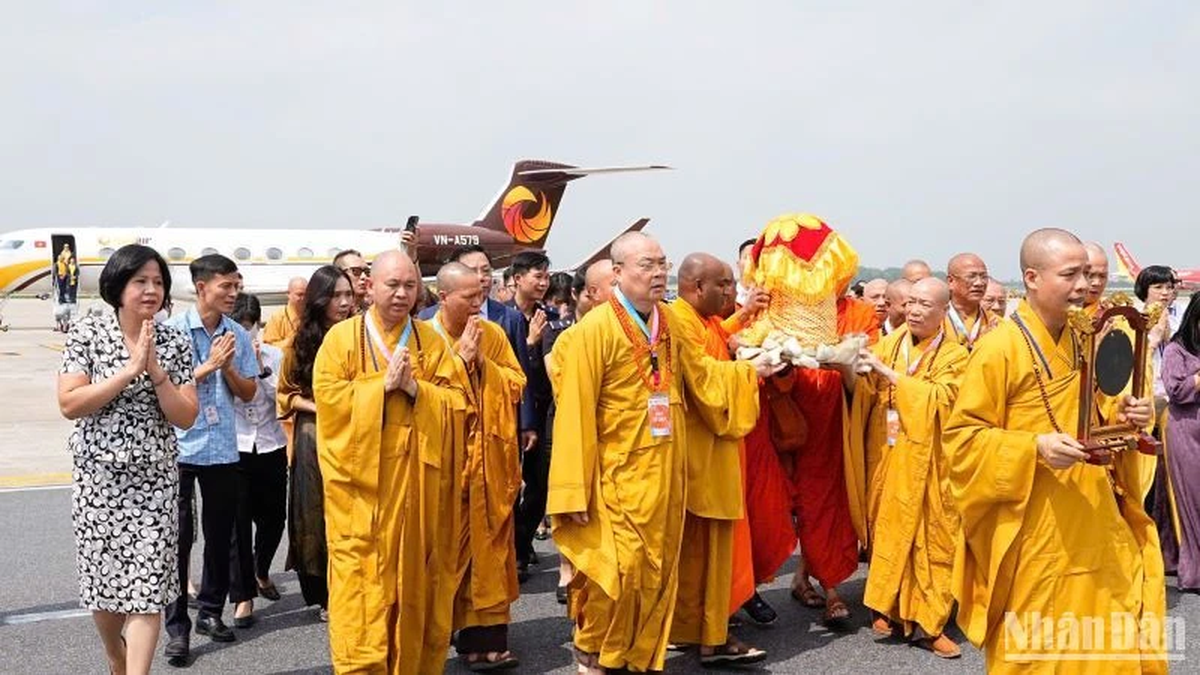
![[Photo] Prime Minister Pham Minh Chinh receives Ambassador of the French Republic to Vietnam Olivier Brochet](https://vphoto.vietnam.vn/thumb/1200x675/vietnam/resource/IMAGE/2025/5/13/f5441496fa4a456abf47c8c747d2fe92)




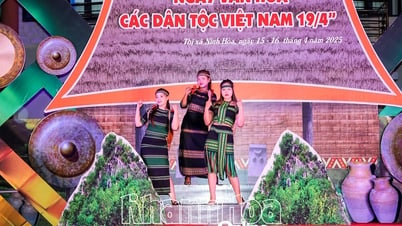
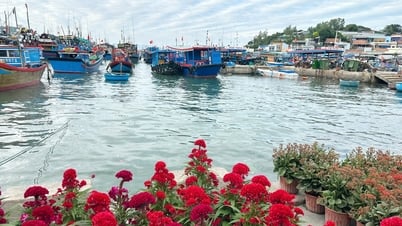




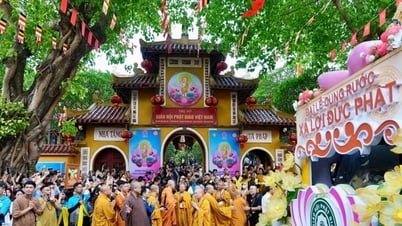
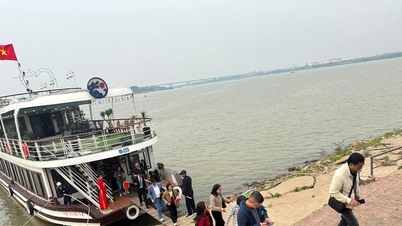
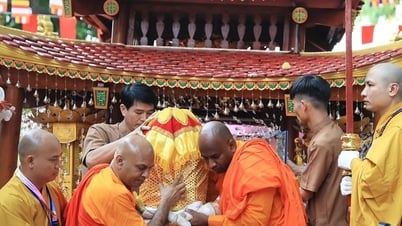

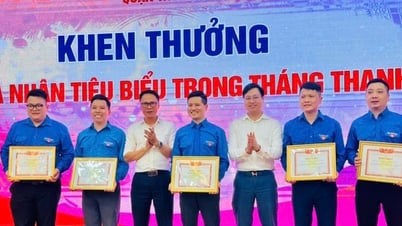


















































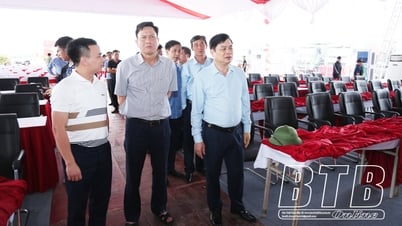

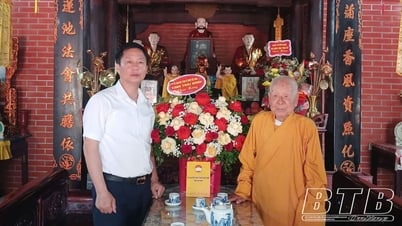













Comment (0)